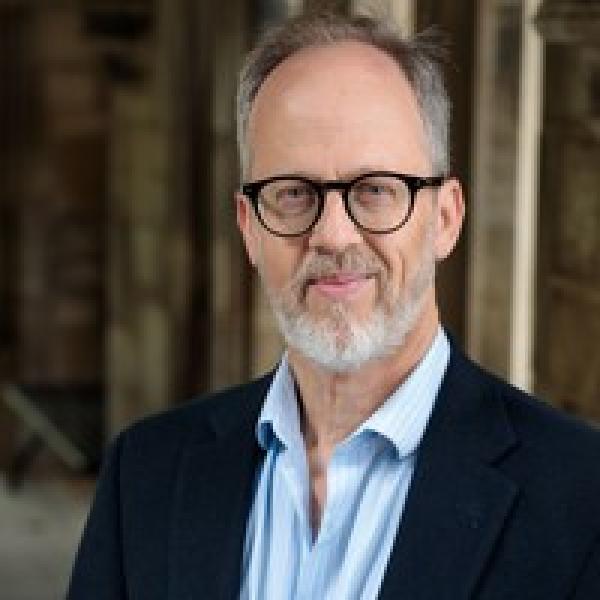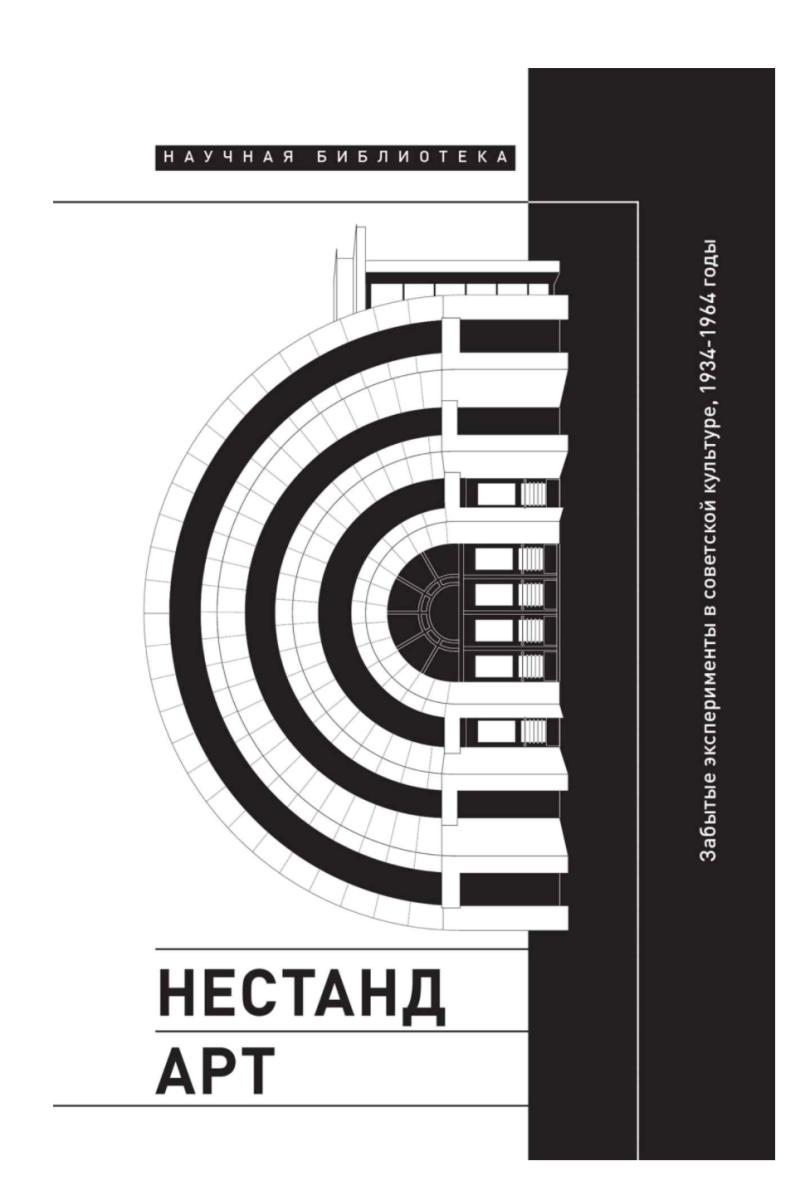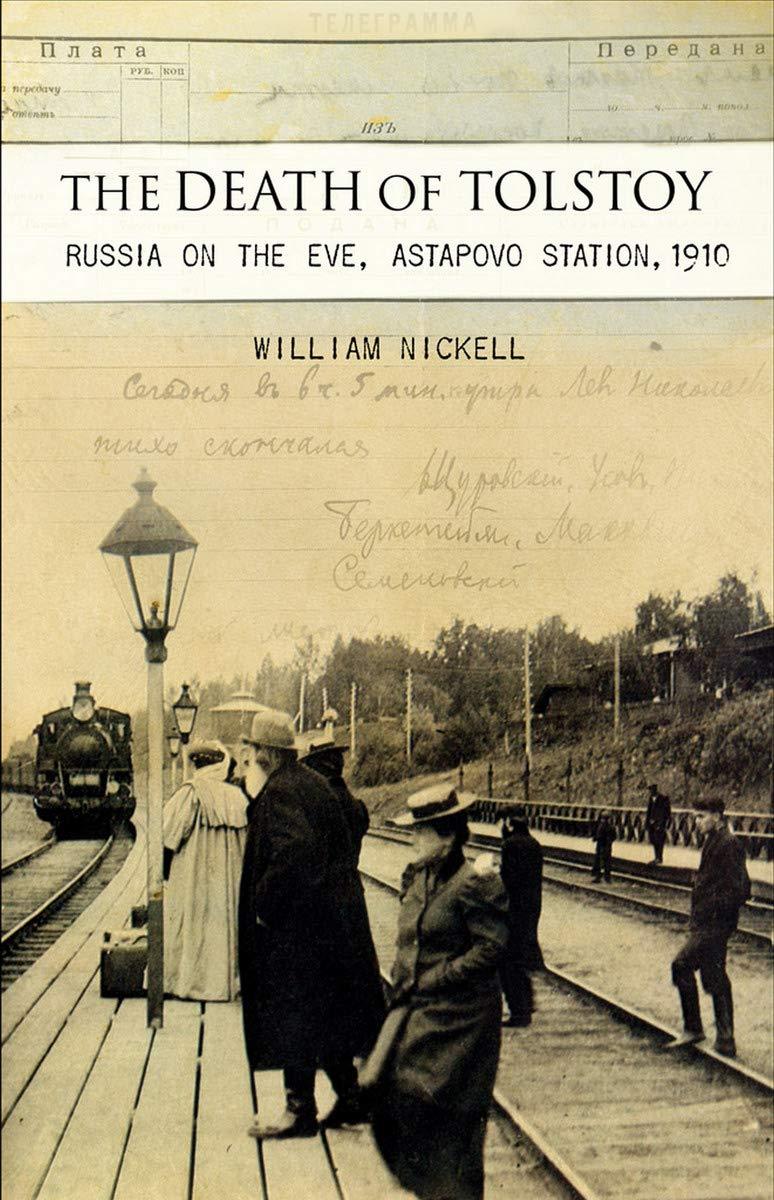
"William Nickell is a cultural historian specializing in mid-nineteenth to mid-twentieth century Russia, with particular interest in the 1840s, turn-of-the century, and 1930s-40s."
Biography
William Nickell works in comparative cultural history and Tolstoy studies, and is completing books in both areas. His forthcoming companion volume for War and Peace will be a guide for its lone readers, offering background, close readings, and interpretive strategies. It follows The Death of Tolstoy: Russia on the Eve, Astapovo Station, 1910, which uses media coverage of the dramatic story of Tolstoy’s death as a lens for examining Russian culture in the years between the Russian revolutions of 1905 and 1917, and which received honorable mention for the MLA’s Aldo and Jeanne Scaglione Prize for Studies in Slavic Languages and Literatures.
His work in cultural history focuses on media studies and cultural production, with close attention to the effects of large-scale social, economic and technical change. The Soviet Cure, an analysis of the role of rest in a workers’ state, is part of a larger project on medical aesthetics—the application of literary and cultural analysis to medical practice. Whereas the field of medical humanities is traditionally devoted to literary and artistic representations of illness and treatment, he examines the impressions shaped by medicine in practice (diagnosis and therapies, illness narratives, and health care systems) and explores the powers that are supposed to be screened out by double-blind trials. He has been teaching “The Art of Healing: Medical Aesthetics in Russia and the United States” with doctors from the University of Medical Center, and in Winter 2021 offered a new iteration, with Dr. Brian Callender, devoted to the COVID pandemic.
He has also begun work on a study of urbanization and industrialization in Chicago and Moscow, comparing the effects of large-scale social, economic and technical change under capitalism and socialism. It will examine these two cities during their periods of mercurial growth, with attention problems of poverty and prejudice on the American side, and efforts to eliminate these issues in the Soviet case. This project is being shaped by bicycle rides through the South Side of Chicago, where he encounters the ongoing effects of transient capital and social immobility.
This fall he will teach a course based on this method of engagement, exploring the South Side, but also the changes in perspective that take place when we enter the communities surrounding our campus. His teaching focuses on this sort of experiential learning, including his 2020 course The Commune: The Making and Breaking of Intentional Communities, which was run on communal principles: the students determined the topics, helped choose the readings, moderated discussion, and determined the assignments and grading criteria. He will be offering this course again in Spring 2022, and will teach a new and related course on the later works of Tolstoy in Winter 2022.
He works closely with Chicago Studies, IRHUM [Inquiry and Research in the Humanities], and SIFK [Stevanovich Institute on the Formation of Knowledge]. His current projects include supervision of the Slavic Undergraduate Research Cluster in immigration, the Oakwood Cemetery project, and the international research forum on “The Soviet Production of Knowledge,” sponsored by SIFK.
Publications
Articles and Book Chapters
- Yuri Olesha. Routledge Encyclopedia of Modernism. (2013)
- “When We Dead Arise: A Living Corpse as a Moving Picture.” Book chapter for Tolstoy Screen Adaptations, ed. Lorna Fitzsimmons. (2012)
- Mondry, Henrietta. Exemplary Bodies: Constructing the Jew in Russian Culture. Russian Review 71:2 (April 2012).
- “Tolstoy Wars” (Review essay concerning new biographies and memoirs of Leo Tolstoy’s wife.) Tolstoy Studies Journal XXII (2010).
- “The Great Writer of All Lands: Russia Reads the International Reception of Tolstoy’s Death.” La Revue des etudes slaves, Res 81 (2010).
- Croskey, Robert. The Legacy of Tolstoy: Alexandra Tolstoy and the Soviet Regime in the 1920s. Russian Review (Winter 2010).
- Boris Kagarlitsky, “1960s East and West: The Shestidesiatniki and the New Left.” Boundary 2 36:1 (Spring 2009). Translation and introduction.
- “New Directions in Tolstoy Studies.” Kritika (Summer 2008).
- “Transfigurations of Tolstoy’s Final Journey: Tolstoy and the Church in 1910.” Tolstoy Studies Journal XVII (2006).
- “Tolstoy in the Mirror of the Revolution,” in Epic Revisionism: Russian History and Literature as Stalinist Propaganda, David Brandenburger & Kevin Platt, eds. (University of Wisconsin Press, 2005).
- “Nikolai Zlatovratsky. ” Dictionary of Literary Biography, Volume 238: Russian Novelists in the Age of Tolstoy and Dostoevsky (Brucolli Clark Layman, 2001).
- “The Death of Tolstoy and the Genre of the Public Funeral in Russia.” Novoe literaturnoe obozrenie, 44 (Winter 2000).
- “Itineraries of the Afterlife: Handling the Relics of Lenin and Nicolas II.” Center for Slavic and East European Studies Newsletter, Fall 1998.
- Costlow, Sandler & Vowles, Sexuality and the Body in Russian Culture. (Review) SEEJ, Fall 1995.
- Helena Goscilo, “New Members and Organs: The Politics of Porn.” (Review). Slavic Review, Fall 1994.
- “Tolstoy in ‘Leag’ with Henry Parkhurst and Eliza Burnz.” Tolstoy Studies Journal, No. 6, 1993.
Projects
- The Soviet Apartment. Live-in dormitory installation, 2007-08.
- The Soviet House of Rest. Installation, 2010.
- Sochi in Six Dimensions. Rich cartography project to appear in fall 2013.
- The Soviet Cure. Exhibit and accompanying book, 2013-14.
Previously Taught Courses
- Tolstoy & the Epic Voice (Seminar on War and Peace)
- 19th Century Russian Cultural Production (Graduate Seminar)
- Soviet Everyday Life” (Seminar)
- The Transnational Subject: Jewish Writers in Russian Literature
- Russian & African American Soul and the Legacies of Slavery and Serfdom
- Media Aesthetics – Text (Humanities Core)
- Media Aesthetics – Image (Humanities Core)
- Realism in Russia
- Women in Russian Literature
- The Classic Russian Novel
- Forbidden Literature in the Russian Tradition
- Russian Modernism and the Avant-Garde
- Russian Literature In Revolution


